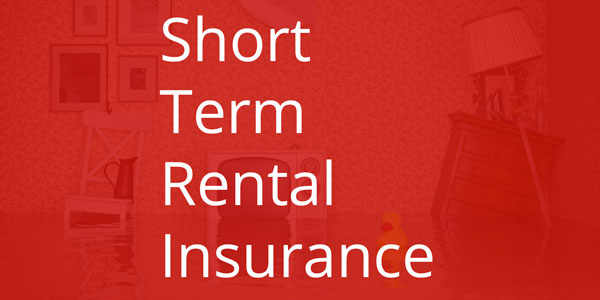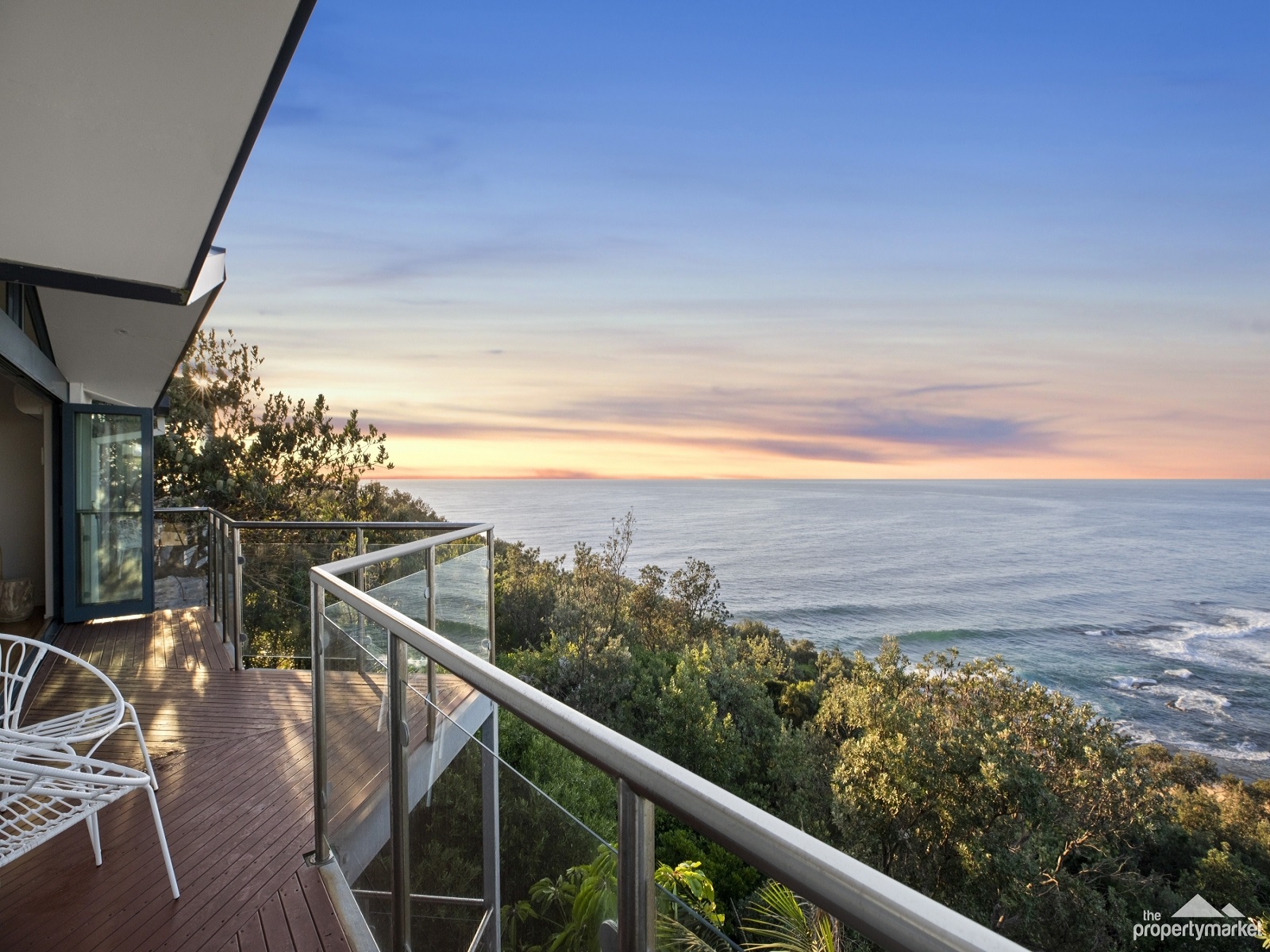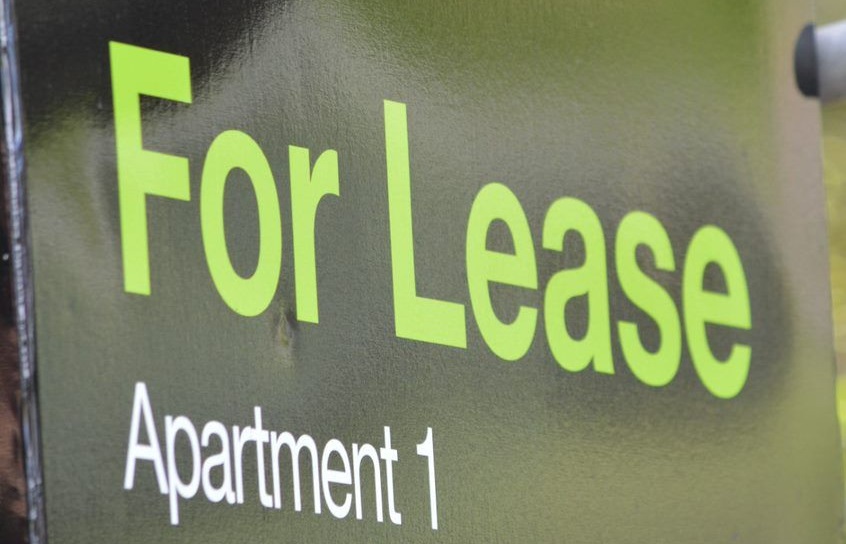Airbnb insurance: Are you covered?
In September 2018, a fatal accident at an Airbnb on the Sunshine Coast called into question the liability of Airbnb hosts in the context of emergency situations involving guests.
On the basis that listing a property with Airbnb effectively classifies the property as a business, there are a variety of regulatory, insurance and workplace health and safety factors that should be taken into consideration by hosts and consumers alike.

Insurance
Standard home insurance packages do not accommodate for commercial businesses and the unique risks and liabilities that attach to them. Hosts relying on their home insurance to protect their belongings and provide support in the event of an emergency may find themselves without assistance when their insurance provider discovers their property was operating as a commercial business. It is important to note that if you are operating an Airbnb or similar short-term accommodation listing, your residential home and contents insurance could be rendered completely void. This is because the process of operating a short-term accommodation business often effectively classifies a property (for the purposes of insurance) as commercial. If you are unsure as to whether your current cover is effectual, review the terms and conditions of your package.
Notably, Airbnb does offer baseline insurance protection for all hosts – being personal injury and property damage cover to the value of $1 million USD. Whether this is sufficient protection – in terms of value, scope and accessibility, is a judgment that differs between individual hosts. Many Airbnb hosts are seeking additional cover in the form of landlord’s insurance. In many cases this may be providing more peace of mind than actual cover, however, as a significant proportion of landlord insurance packages available require residential tenancy agreements and/or minimum stays of 90 days to qualify (neither of which generally are applicable to Airbnb models).
External insurance providers such as Insurance Australian Group Limited (IAG) and NRMA are now offering supplementary insurance packages tailored to Airbnb and other share-economy accommodation models, which purport to cover risks such as theft, personal liability and property damage where there are paying guests at the property (all risks not covered by standard home insurance).
Liability of hosts
Though a NSW case, the matter of Panther v Pischedda (2013) NSWCA 236 provides interesting insight into how hosts can be found liable for injuries sustained by guests. In this case, a guest at a short-term accommodation property in the Blue Mountains suffered a broken ankle as a result of a steep and slippery driveway. It was found that the risk of injury had been foreseeable; and the hosts had not taken any ‘reasonable preventative measures’, such as installing handrails or providing an alternative walking route. Consequently, it was held that the hosts of the property had breached their duty of care.
How can hosts avoid liability?
As discussed in the abovementioned case, it is critically important that hosts take steps to identify potential safety risks, and further, take reasonable preventative measures to ensure those risks are mitigated. For example, installing safety railings, non-slip mats, signs alerting guests to potential causes of injury (such as boiling water taps) and keeping all furniture well maintained are all steps that can be taken to mitigate potential risks and reduce the likelihood of injury.
Originally published on abkj.com.au
By ABKJ Lawyers




